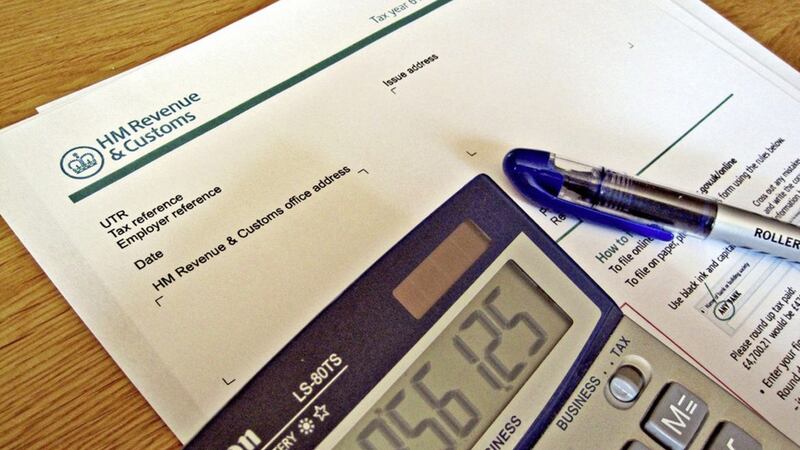QUESTION: I read somewhere that HMRC have provided an opportunity for taxpayers to disclose offshore tax liabilities before the end of this September or face much stiffer penalties. What is this opportunity and what happens if a taxpayer doesn’t meet this deadline?
ANSWER: Taxpayers have only a few weeks left to disclose undeclared offshore tax liabilities to HMRC or risk a stiff penalty. Taxpayers who need to make a disclosure or are unsure about making a disclosure need to act before the September 30 deadline.
The Requirement to Correct requires individuals with undeclared offshore tax liabilities relating to income tax, capital gains tax and inheritance tax to disclose them to HMRC on or before September 30.
HMRC’s guidance provides information and examples about who has a Requirement to Correct, when a correction must be made, which tax years are in scope and what the penalties are for non-compliance. It also gives details of HMRC’s policy regarding penalties for taxpayers who notify HMRC that they have something to disclose either on or very near the 30 September 2018 deadline.
The penalties for failing to correct offshore non-compliance by September 30 are much higher than existing penalties, at a maximum 200 per cent of the tax involved with a minimum penalty of 100 per cent of the tax involved. They apply irrespective of the type of behaviour that led to the non-compliance.
Tax rules relating to offshore matters can be complicated and anyone who is unsure if they have any undeclared offshore tax liabilities should check their position and, if necessary, take advice from a tax professional. Anyone who has taken advice in the past about an offshore matter should consider if they need to re-visit this advice and, if necessary, obtain a second opinion.
Ultimately, it is the taxpayer’s responsibility to check whether they need to make a disclosure under the Requirement to Correct or not, and with the deadline approaching fast, time is running out to act.
The upcoming September 30 deadline coincides with the date by which more than 100 countries will exchange data on financial accounts under the Common Reporting Standard (CRS).
From this date HMRC will be receiving a huge amount of information from other tax jurisdictions and taxpayers and tax advisers have been left in no doubt that they will use it to launch investigations and, in some cases, criminal prosecutions against individuals who have not made a correct and complete declaration of their offshore income and assets to the UK tax authority.
The days of HMRC being ‘in the dark’ about UK taxpayers’ offshore bank accounts and other interests are almost over. This makes it all the more pressing that taxpayers check their positions now to ensure that they minimise their risk of receiving a penalty for failing to correct, or worse, put themselves at risk of a criminal prosecution.
:: Malachy McLernon (m.mclernon@pkffpm.com) is a director of PKF-FPM (www.pkffpm. com). The advice in this column is specific to the facts surrounding the question posed. Neither the Irish News nor the contributors accept any liability for any direct or indirect loss arising from any reliance placed on replies.








